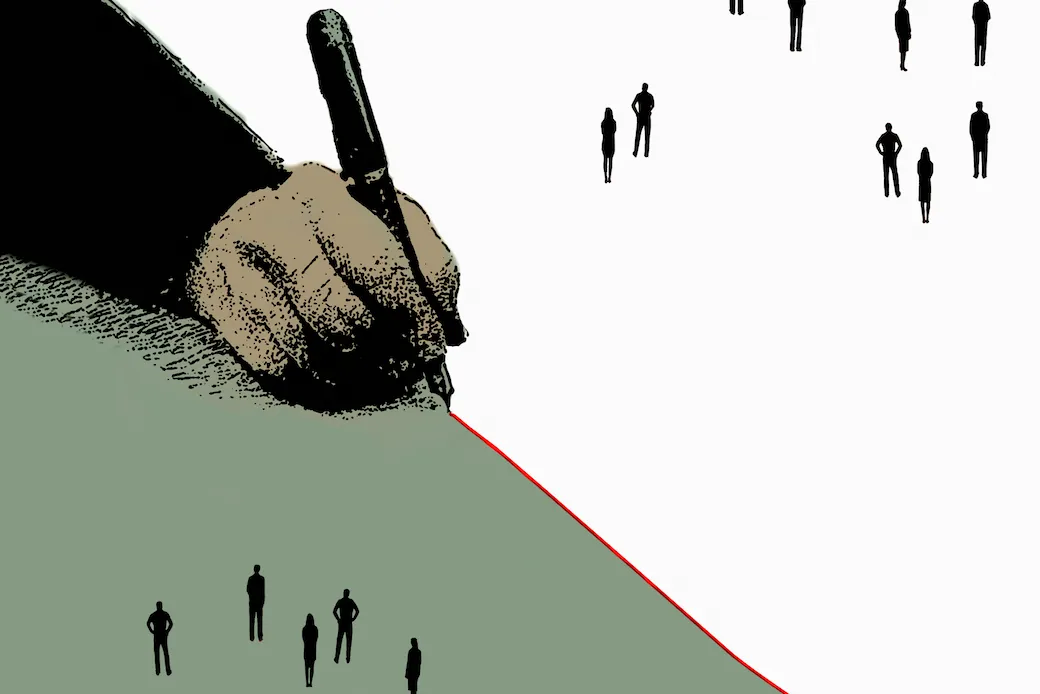As Palestinians endure an escalating humanitarian crisis marked by ethnic cleansing and genocide in Gaza, Canada’s immigration policies reveal a selective and deeply inequitable approach to compassion. While Canada swiftly mobilized resources to welcome nearly 300,000 Ukrainians fleeing war, Palestinians are forced to navigate a system designed to obstruct rather than protect. This stark contrast underscores systemic racial and geopolitical biases that dictate whose suffering Canada deems worthy of alleviation.
A Tale of Two Crises
When Russia invaded Ukraine in February 2022, Canada responded with the Canada–Ukraine Authorization for Emergency Travel (CUAET), an unprecedented humanitarian effort that minimized bureaucracy. Ukrainians could bypass traditional visa restrictions, access temporary residence, and benefit from work permits and social services. Over 298,000 Ukrainians found refuge in Canada within a year, highlighting what is possible when a crisis is treated with urgency and empathy.
In contrast, Canada’s Temporary Resident Visa (TRV) program for Palestinians has failed to meet even the most basic humanitarian standards. Introduced in January 2024, the program was framed as a pathway for Palestinians in Gaza with family ties in Canada to escape the horrors of war. Yet, nearly a year later, it has facilitated no safe exits from Gaza. Instead, the few Palestinians who have reached Canada—334 as of October 2024—did so independently, often at great personal cost and risk, as the Canadian government has refused to facilitate their journeys.
Bureaucratic Barriers and Systemic Inequities
The program imposes additional barriers by restricting the number of applicants it can accommodate. Initially capped at 1,000 individuals, the limit was later expanded to 5,000—an increase that remains insufficient given the scale of the humanitarian crisis. By October 2024, nearly 9,000 applications had been submitted, yet approvals accounted for only 2.4 percent. This dismal success rate starkly contrasts with the rapid and comprehensive support extended to Ukrainians, further exposing the inequitable approach based on nationality and geopolitics.
For Palestinians, the obstacles to safety are not merely logistical—they are systemic. Applicants must provide passports, a near-impossible task in Gaza, where 66 per cent of infrastructure has been destroyed, leaving many without homes or essential documents. Those who manage to secure passports are then required to travel to Egypt to submit biometric data, a journey fraught with danger and expense. Even if they overcome these hurdles, applicants face further demands, including providing detailed employment histories dating back to age 16 and explanations for scars—requirements that are dehumanizing and disproportionate.
The program’s invasive security measures also force applicants to agree to share their personal information with Israeli and Egyptian authorities, exposing them to further risks from regimes complicit in their oppression. These measures starkly contrast with the approach taken for Ukrainians, who were neither subjected to such invasive scrutiny nor required to meet impossible documentation standards.
A Humanitarian Catastrophe in Gaza
The conditions Palestinians face in Gaza further underscore the inadequacy of Canada’s response. Over 1.9 million people—85 per cent of Gaza’s population—have been displaced, struggling to survive amid destroyed infrastructure, widespread shortages of food and water, and collapsed medical services. Women and children account for 70 per cent of reported deaths, reflecting the disproportionate toll on the most vulnerable. Meanwhile, Canada’s immigration system remains paralyzed by a deliberate lack of political will, leaving Palestinians trapped in a system that prioritizes obstruction over assistance.
A Moral Indictment of Canada’s Policies
Canada’s selective humanitarianism is glaring. The TRV program for Palestinians, far from being a humanitarian initiative, serves as a bureaucratic fortress, reinforcing systemic inequities. While Ukrainians fleeing war were welcomed with open arms and streamlined processes, Palestinians are subjected to policies that seem designed to deter rather than support. The disparity in Canada’s responses is not just a failure of bureaucracy; it is a moral indictment of the nation’s approach to global crises.
